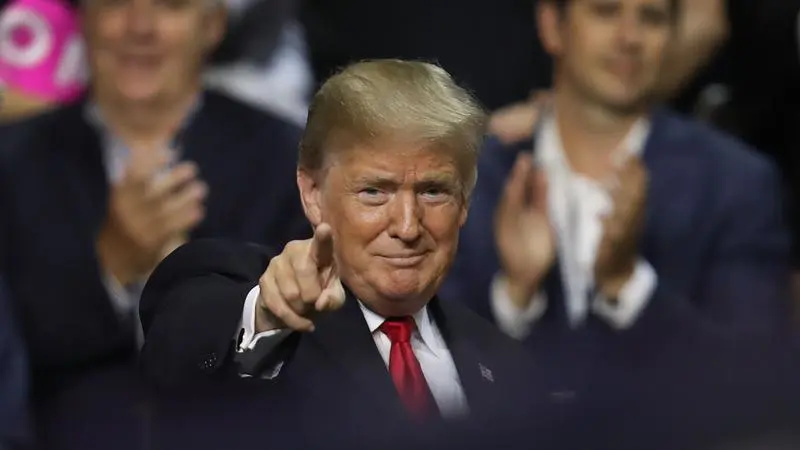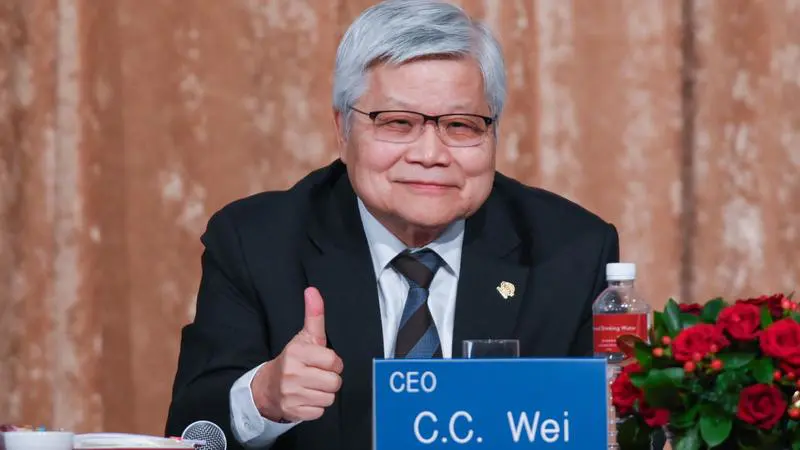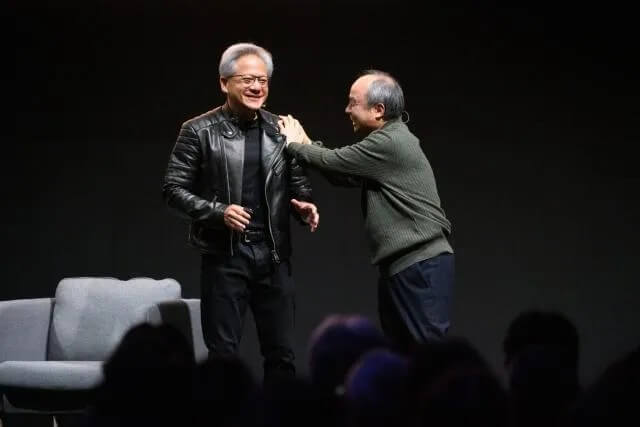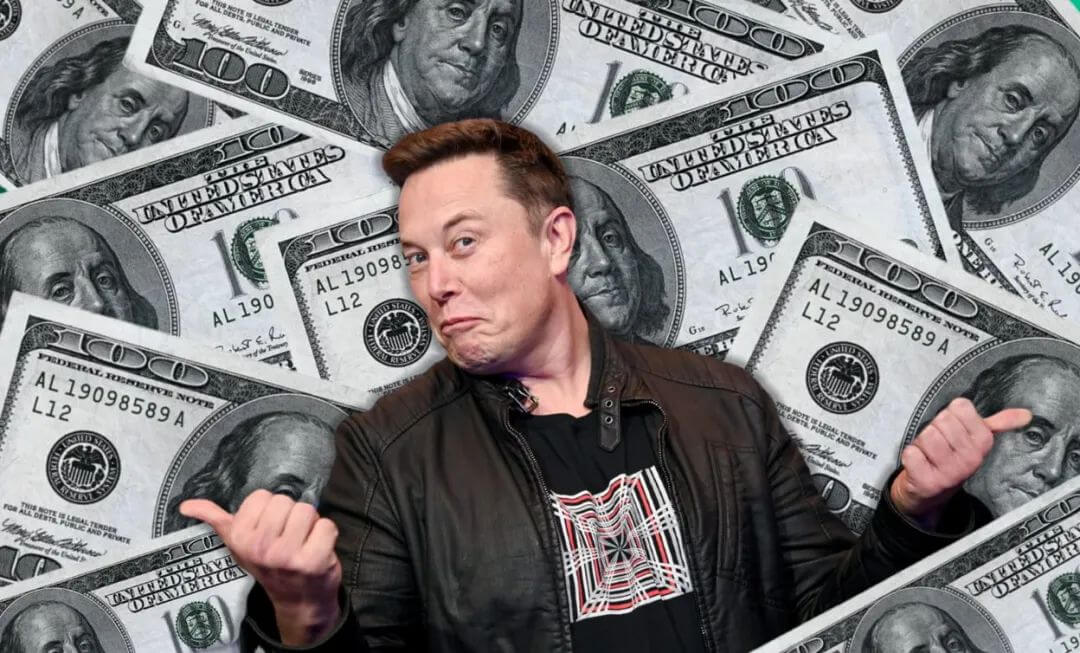According to Axios, former U.S. President and current presidential candidate Donald Trump plans to appoint an "AI czar" to oversee federal policy and government use of emerging technologies.
The AI czar will play a critical role in consolidating public and private resources to ensure the United States maintains its leadership in global AI development.
This announcement signals a potential shift in AI policy if Trump wins the presidency again.

Comparative AI Policies: Trump vs. Biden
Since the rise of generative AI, the Biden administration has leaned towards increasing regulations. The aim has been to allow tech companies to innovate while mitigating potential misuse. In contrast, Trump appears more open to new technologies, favoring a less restrictive approach to AI development.
Notable AI entrepreneurs such as Anduril Industries founder Palmer Luckey and xAI founder Elon Musk have expressed support for Trump. Should Trump win, there’s speculation he would reward his supporters.
While Musk won’t take on the role of AI czar, Axios reports he will closely participate in related efforts, signaling his deeper involvement in shaping U.S. AI strategy beyond his role as a business leader.
Meanwhile, OpenAI and its CEO, Sam Altman—currently embroiled in legal challenges—may find themselves at a disadvantage under Trump’s administration.
Trump’s AI Strategy: Signs and Implications
Trump's focus on AI isn’t new. The U.S.-China Economic and Security Review Commission (USCC) recently submitted an 800-page report to Congress advocating a "Manhattan Project" for artificial general intelligence (AGI). This initiative would prioritize AGI on par with national defense, reflecting the U.S.’s strategic commitment to AI leadership. The report also suggests legislative and embargo measures to curtail competing nations.
This aligns with Trump’s broader approach of maintaining U.S. dominance by countering the advancements of other leading nations in AI.
AI Leadership in the Global Context
The Stanford Global Vibrancy Tool 2024 highlights the U.S. as the global leader in AI, followed by China and the UK. To maintain this position, Trump’s strategy includes limiting the growth of other nations.
Currently, the U.S. has AI governance bodies such as the National AI Initiative Office (NAIIO) and the National AI Advisory Committee. Axios notes that Trump’s AI czar is expected to collaborate with these agencies' chief AI officials.
AI Governance Worldwide
Globally, other nations have also institutionalized AI governance. For instance:
UK: Established the Office for Artificial Intelligence in 2018, supported by the AI Council advisory body.
EU: Created the European AI Center (AI4EU Initiative).
Canada: Formed the CIFAR AI Program.
Japan: Established an AI Strategy Council under the Cabinet Office and a team for AI ethics and research.
This trend shows that AI management is moving towards formalization and centralization, transforming AI development from merely corporate competition to a structured government-led endeavor.
Implications of Trump’s AI Czar Appointment
Trump’s decision to appoint an AI czar is poised to reshape both U.S. and global AI landscapes, emphasizing the strategic importance of technology governance and innovation.







